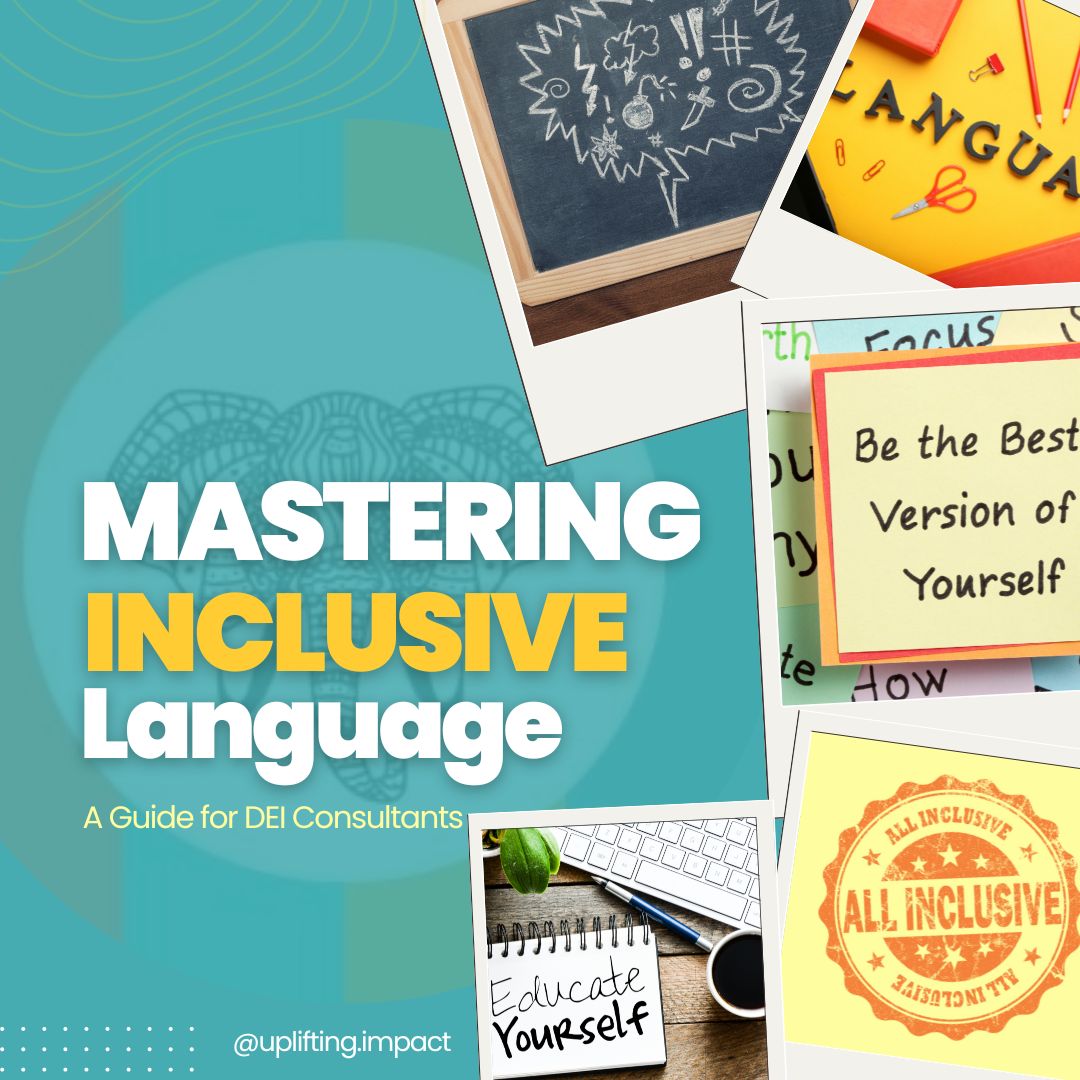Create an Inclusive Holiday Season at Work

The holiday season can be a joyful and uplifting time for some…and a time of exclusion and frustration for others. Traditionally, national and Christian-based holidays have taken center stage, with Christmas (a highly visible holiday) placed squarely in the spotlight.
However, it’s becoming increasingly likely that not everyone in your workplace is Christian, and not everyone celebrates Christmas. Nearly one-quarter of Americans identify as “religiously unaffiliated,” while another 5 percent are part of a non-Christian religion. Not to mention, certain Christian sects, such as Jehovah’s Witnesses, do not celebrate holidays.
Even if the majority of people in your workplace celebrate Christmas, it’s important to be mindful and inclusive of those who do not. After all, workplace belonging is one of the most important factors in determining whether someone is likely to remain in their position or search for a new job.
On the flipside, being sensitive to everyone’s holiday traditions and preferences does not mean canceling seasonal celebrations entirely. Instead, the holidays can be approached with empathy, an open mind, and the goal to be as inclusive as possible.
Here are 5 ways to accomplish that (seemingly) big ask:
1. Gather Feedback
You can’t truly know how your people want to celebrate the holiday season unless you ask them. This could happen during a one-on-one conversation, through a team forum, or in an anonymous survey. When you’re talking with someone, you might bring up the topic casually, and in an inclusive way. Try asking a question such as one of the following:
- How do you like to celebrate this time of year?
- Do you have any favorite holiday traditions?
- What did you think of last year’s office celebrations? What did you like or dislike?
This is all about gathering information in a nonjudgmental way. Establish a line of feedback that works for you and your team, and start the conversation. And if someone doesn’t feel like providing feedback, that’s okay too! Respect others’ right to privacy.
2. Use Inclusive Language
It’s easy to make people like outsiders if the office party is called a “Christmas party” or people are regularly adding “Merry Christmas” to emails. Language matters. The way people talk to one another can either foster a sense of belonging, or exclusion.
Besides, it’s not terribly difficult to have a holiday party or winter party instead of a Christmas party. And it’s easy to say, “Happy holidays” or “Seasons greetings” in place of “Merry Christmas.” You might face some backlash from those who complain about a “war on Christmas,” but most people will be open to using more inclusive language if you explain the reasoning behind it.
3. Rework Your Calendar
Does your workplace acknowledge certain holidays on the office calendar, but not others? Does it offer time off for Christmas, but not other religious holidays (Eid, Hannukah, etc.)? Does it recognize the Lunar New Year or Islamic New Year in addition to the Western New Year?
Since it can be difficult to account for all major holidays, it’s a good idea to offer employees floating holidays. That way, they can easily take time off whenever they have something meaningful to celebrate. No explanation required.
4. Look for Sharing/Learning Opportunities
If your team feels comfortable doing so, it can be fun and educational to share family traditions with each other or swap holiday recipes. You could take a poll and share the results, or start a discussion around traditions, or host a potluck featuring favorite holiday foods. Participation optional, of course!
Another way to encourage open minds and promote continual education is to regularly bring in experts to discuss specific DEI-related topics. Around the holidays, it might be helpful to ask a DEI practitioner to give a presentation on inclusive/welcoming language. Demonstrate the importance of these trainings by discussing the sessions afterward and keeping the learnings top-of-mind.
5. Consider the Big Picture
The holiday season is just part of a company’s ongoing DEI work. Use it as an opportunity to create safe spaces for your team members to be themselves. Communicate regularly, look for opportunities to improve inclusivity, and take action. You might realize, for instance, that your BIPOC workers are feeling relatively unsupported in their career growth and create a mentoring program to correct that issue. Or you might discover that many people are interested in belonging to an ERG (Employee Resource Group), and begin setting up these groups.
--
Use the holiday season as a catalyst to propel positive change. You can still have fun and celebrate the holidays, but do so in a mindful, inclusive way. Start a dialogue with your team members, gather feedback, and take intentional action. When people feel like they belong, they’re much more likely to thrive.

